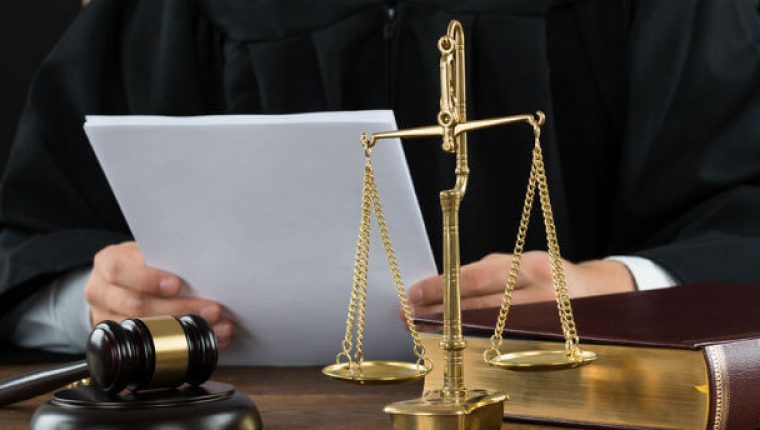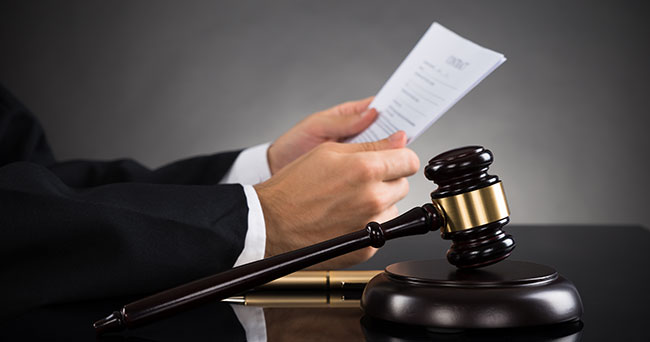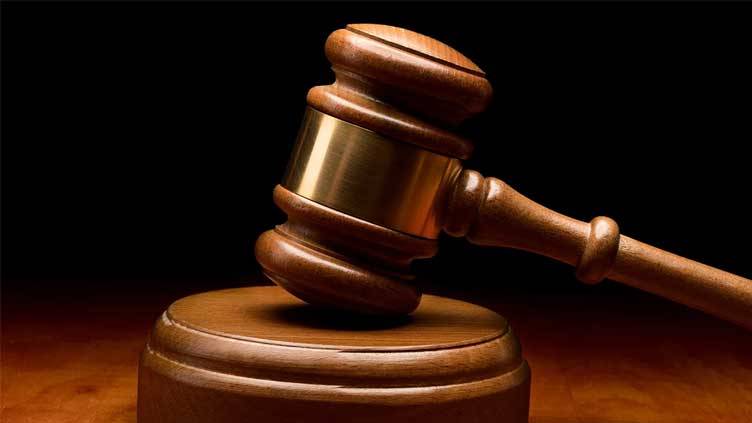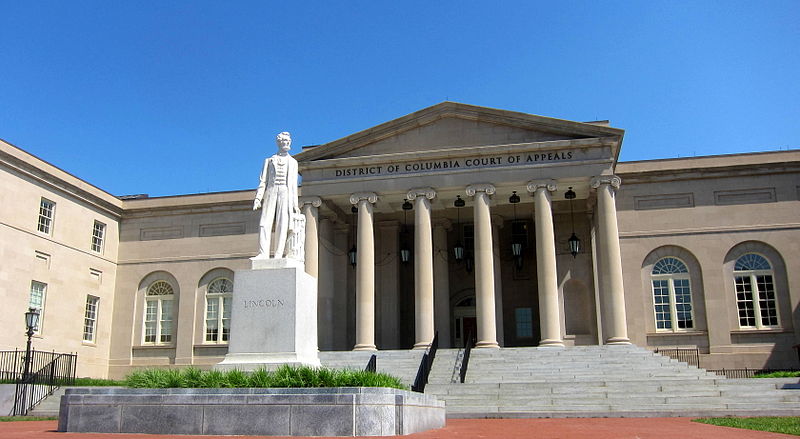A judge’s conduct holds tremendous sway in the courtroom, especially in an appeal case where the decisions made significantly impact the lives of those involved. The demeanor and behavior of a judge can shape the entire proceedings and, ultimately, the outcome of the case.
Let’s explore how a judge’s personal behavior can affect an appeal case.
Setting the Stage
When an appeal case lands on the docket, it signifies a second chance, a review of a previous decision. The judge overseeing this case becomes a pivotal figure. Their conduct sets the tone for the entire trial, influencing not only the legal aspects but also the perception of fairness and justice. Imagine the impact if the judge displays impartiality or, conversely, a clear bias in their behavior.
Impartiality: The Backbone of Justice
Impartiality is the cornerstone of a fair trial. A judge’s unbiased behavior ensures that each party receives a fair chance to present their case. If a judge maintains a neutral stance, the best supreme court lawyer can confidently argue their client’s case, knowing that the judge will base their decision solely on the law and presented evidence.
The Power of Precedent
A judge’s behavior during the appeal case also influences legal precedent. Precedent, the basis of decisions on similar cases, is shaped by how a judge interprets the law. If a judge’s behavior sways toward a particular interpretation, it can establish a precedent that may impact future cases. This underscores the weight carried by a judge’s behavior beyond the immediate trial.
Impact on Legal Representation
The behavior of a judge not only affects the trial itself but also impacts the strategies of the legal representatives. The best supreme court attorney adapts their approach based on the judge’s demeanor. A judge who is receptive and open encourages lawyers to present their case more confidently. Conversely, a judge with a hostile or dismissive demeanor may lead lawyers to alter their strategies to accommodate this behavior.
The Human Element
Judges are humans, susceptible to emotions and personal biases. Their behavior can unintentionally veer from the ideal standard. Personal experiences, beliefs, or even a bad day can inadvertently influence their behavior, potentially affecting the case. Even the best supreme court lawyer might struggle if the judge’s behavior detracts from the case’s merits.
Appeal for Fairness
In an appeal case, the stakes are high. The behavior of the judge must reflect the essence of fairness, ensuring that justice prevails. Any deviation from this can compromise the credibility of the legal system and the faith people have in it.
Addressing Judicial Responsibility
The conduct of a judge holds immense responsibility. They are entrusted with the power to administer justice. This responsibility necessitates a commitment to upholding the law and ensuring a fair trial for all parties involved. Judges must remain vigilant about their conduct, understanding its profound impact on the case. Any lapse in behavior can jeopardize the integrity of the entire legal process.

Transparency and Public Trust
A judge’s behavior in the courtroom contributes significantly to the public’s trust in the legal system. Transparency in behavior, marked by fairness, respect, and impartiality, fosters trust. When the public witnesses a judge upholding these standards, it instills confidence in the legal system’s ability to deliver justice. However, a deviation from this standard may erode public trust, casting doubts on the system’s fairness.
Continuous Evaluation and Improvement
To maintain the sanctity of the legal system, there should be mechanisms in place for evaluating and improving judicial behavior. Regular training, peer reviews, and feedback systems can help judges refine their conduct, ensuring they remain aligned with the principles of fairness and impartiality. Continuous evaluation and improvement are crucial to mitigate the influence of personal behavior on the outcome of an appeal case.
Judicial behavior plays an undeniable role in the trajectory and outcome of an appeal case. The impact of a judge’s conduct reverberates beyond the courtroom, shaping legal precedent, influencing legal representation, and affecting public trust in the legal system.
While the best supreme court lawyers navigate these complexities, the responsibility for ensuring a fair trial ultimately rests on the judge’s shoulders. Brownstone Appeal Lawyers, with their commitment to justice, understand the significance of judicial behavior and its profound influence on appeal cases.
The Role of Brownstone Law Appeal Lawyers
In conclusion, the impact of a judge’s behavior on an appeal case cannot be overstated. It shapes the entire legal process, influencing outcomes and setting precedents. This makes it crucial for judges to exhibit a fair and impartial demeanor. The best Supreme Court lawyers, like those at Brownstone Law Appeal Lawyers, navigate these scenarios adeptly, but the ultimate fairness of the trial lies in the judge’s behavior.




